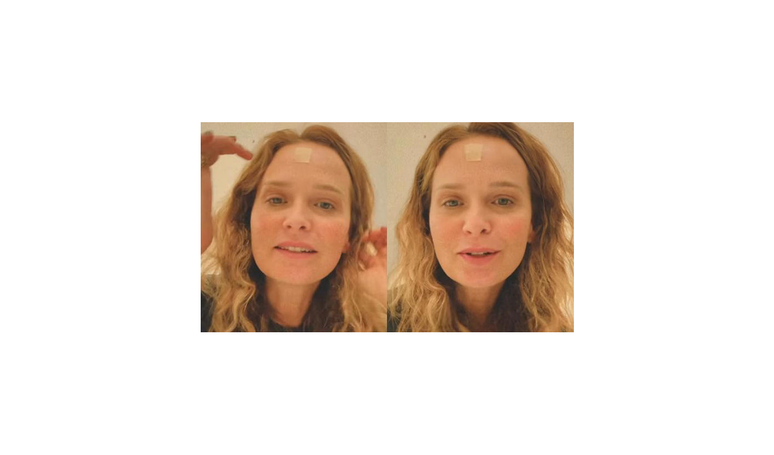Summary
In 2025, fashion retail in Brazil will be characterized by digitalization, personalization and sustainability.
-
BY PARTICIPATING

Discover the trends for fashion retail in 2025
-
BY PARTICIPATING

Seven capital cities start the year with adjustments to bus fares
-
BY PARTICIPATING

Learn how to set up your Terra email in the Samsung app
-
BY PARTICIPATING

How to fix Terra Mail settings in Outlook
Fashion retail in Brazil is preparing to face a challenging and transformative landscape through 2025, driven by changes in consumer behaviors, technological innovations and a growing demand for sustainable practices. The trends emerging in this context reveal an adapting market, where personalization, digitalization and environmental awareness become essential for the success of brands.
Digitalisation continues to be a driving force in fashion retail. E-commerce, which was already growing before the pandemic, accelerated its expansion during this period. Online sales are expected to represent a significant share of total retail sales by 2025, with projections indicating that e-commerce could reach up to 30% of the market.
This shift requires brands to adopt omnichannel strategies, integrating their online and offline operations to provide a more seamless and convenient shopping experience for consumers. Personalization also stands out as a crucial trend; Companies are increasingly using data to offer shopping experiences tailored to customers’ individual preferences.
Furthermore, sustainability has become a determining factor in consumer purchasing decisions. Generation Z and millennials, in particular, are more aware of the environmental impact of their choices and are looking for brands that align with these values. This includes not only the use of sustainable materials, but also ethical and transparent manufacturing practices. Brands that invest in sustainable initiatives are likely to win the loyalty of these discerning consumers.
Another relevant aspect is the economic pressure the sector faces. Persistent inflation and rising commodity costs are forcing retailers to reconsider their pricing and supply strategies. In this scenario, affordable products and alternatives such as resale and outlets are expected to gain importance, allowing consumers to continue purchasing fashion without compromising their budget. Additionally, the popularity of “dupes,” products that mimic the designs of well-known brands at lower prices, may intensify as consumers seek cheaper options.
Finally, technological innovations will continue to play a fundamental role in fashion retail. The use of artificial intelligence to predict consumer trends and personalize offers is becoming increasingly common. Tools like smart shelves in physical stores will be able to offer real-time recommendations based on customer behavior, creating a more engaging shopping experience.
Fashion retail in Brazil by 2025 will be characterized by a combination of accelerated digitalization, personalization of shopping experiences and an increasing focus on sustainability. Brands that can adapt to these trends and respond to consumer needs will be better positioned to thrive in a competitive and ever-changing environment.
Watch the video with commentary by Alex Marques, commercial director of Data system.
inspires transformation in the world of work, in business, in society. Compasso, a content and connection agency, is born.
Source: Terra
Rose James is a Gossipify movie and series reviewer known for her in-depth analysis and unique perspective on the latest releases. With a background in film studies, she provides engaging and informative reviews, and keeps readers up to date with industry trends and emerging talents.






